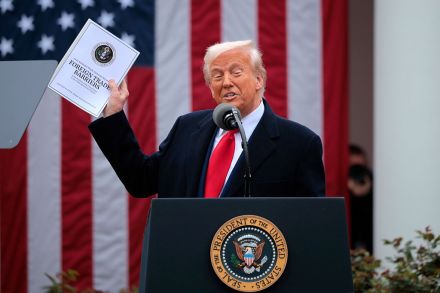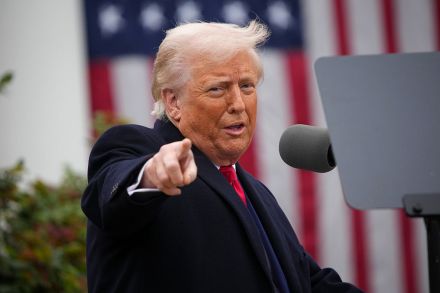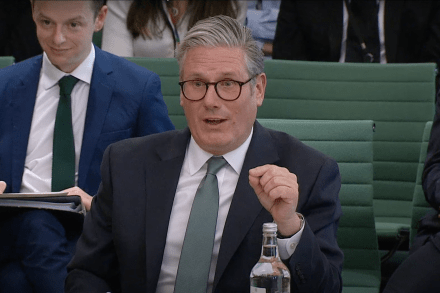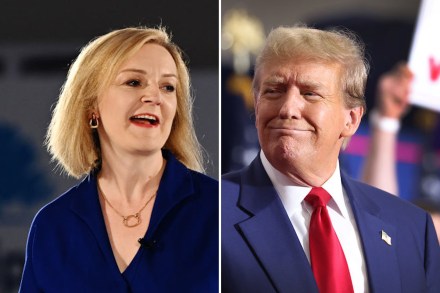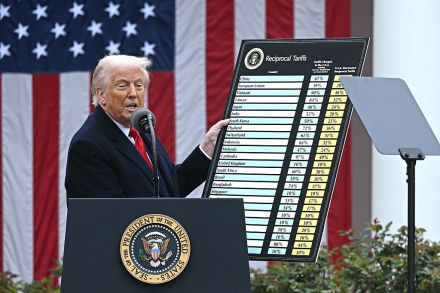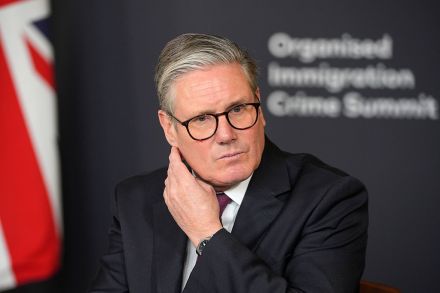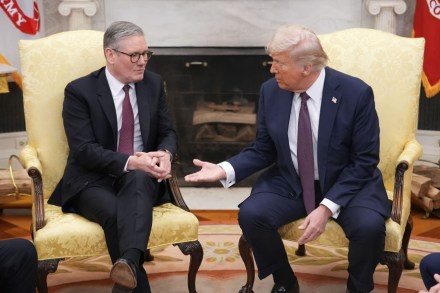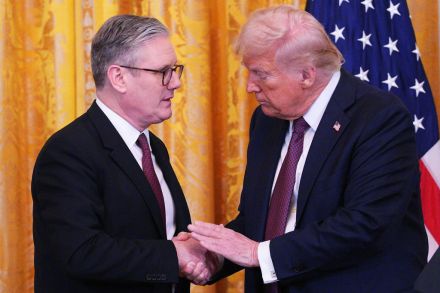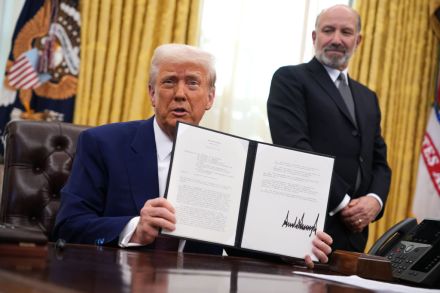Portrait of the week: British Steel seized, army sent to Birmingham and slim told to stay home in Beijing
Home Parliament was recalled from its Easter recess to sit on a Saturday for the first time since the Falklands War of 1982 to pass a bill to take control of British Steel, which amounts to no more than the works at Scunthorpe owned by the Chinese company Jingye since 2020. Scunthorpe, which employs 2,700 directly and thousands indirectly, is the last plant in Britain capable of making virgin steel. The bill, passing through the Commons and Lords, received the Royal Assent on the same day. The race against time was to supply the blast furnaces with coal before they were ruined by going cold; supplies from the United States



